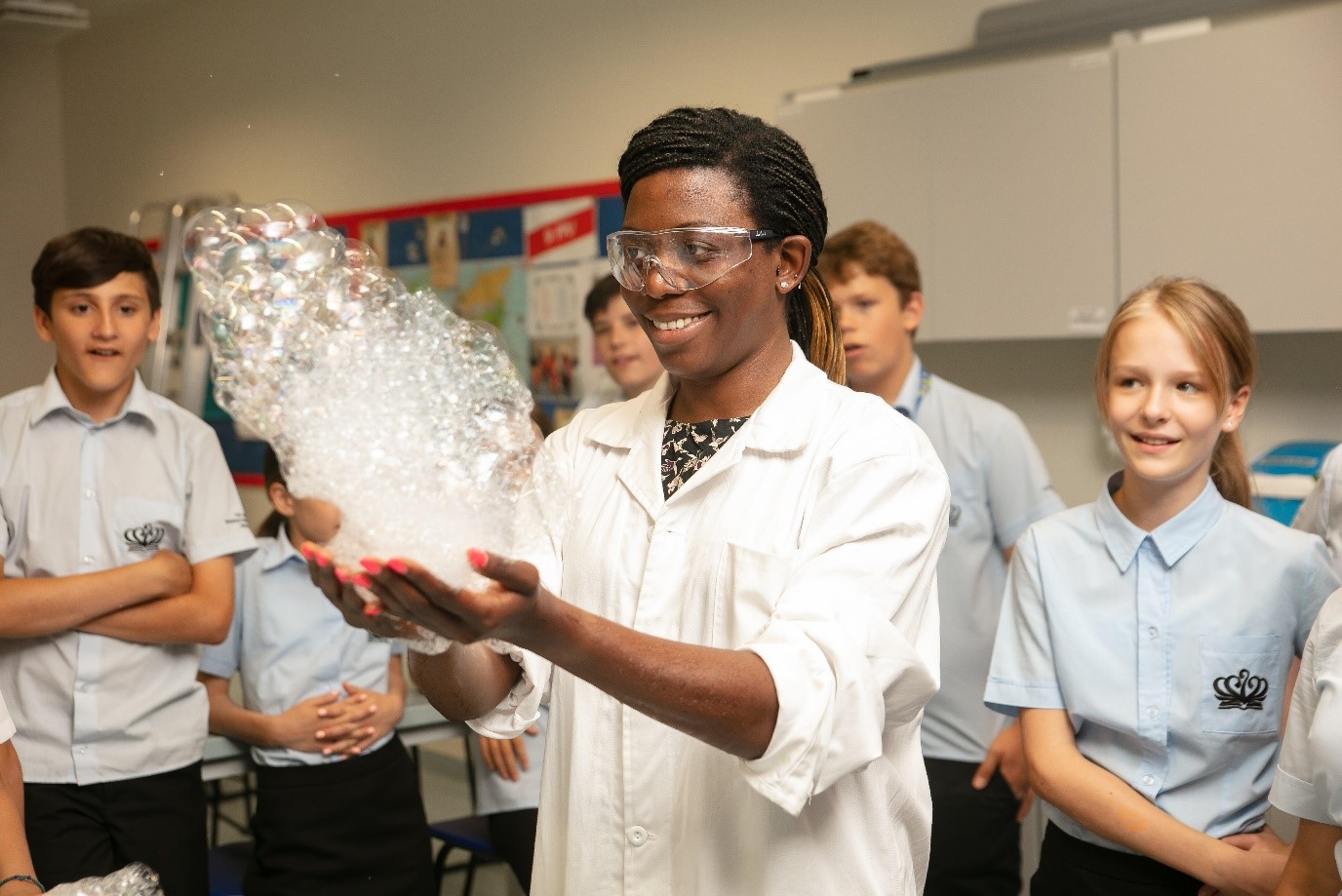Cracking the IGCSE: Exam Preparation Tips

Cracking the IGCSE (International General Certificate of Secondary Education) exams requires effective preparation strategies to ensure success. IGCSE is a globally recognized qualification typically taken by students aged 14 to 16. Here, we'll provide you with comprehensive exam preparation tips to help you excel in your IGCSE exams.
1. Understand the IGCSE Curriculum:
Before starting your exam preparation, it's crucial to have a deep understanding of the IGCSE curriculum. Know the subjects you're studying, the specific topics covered within each subject, and the structure of the exams. This understanding will help you prioritize your study efforts effectively.
2. Create a Study Schedule:
A well-structured study schedule is essential for consistent and comprehensive exam preparation. Break down your study time into manageable chunks, allocating enough time for each subject and topic. Ensure that you cover all subjects over the study period and avoid last-minute cramming.
3. Organize Study Materials:
Having all your study materials organized can save you valuable time and reduce stress. Arrange your textbooks, class notes, handouts, and supplementary resources neatly. Use folders or digital tools to keep everything easily accessible.
4. Utilize Past Papers:
Past papers are invaluable study resources. They provide insight into the exam format, question types, and the level of difficulty. By practicing with past papers, you become familiar with the style of questions and can identify areas where you need improvement. Reviewing past paper solutions can also help you understand the marking scheme.
5. Study Actively:
Active learning involves engaging with the material actively rather than passively reading or listening. Summarize your notes, create flashcards to memorize key concepts, and teach the content to someone else. Seek out interactive resources like educational apps or online quizzes to reinforce your understanding.
6. Seek Help When Needed:
If you encounter challenges in understanding certain subjects or topics, don't hesitate to ask for help. Your teachers, tutors, or classmates can provide clarification and guidance. Addressing difficulties early can prevent confusion later on.
7. Manage Your Time Wisely:
Time management is crucial during the IGCSE exams. Practice with timed mock tests to improve your speed and accuracy. Allocate study time based on the subjects or topics that require more attention. Prioritize your study sessions according to your strengths and weaknesses.
8. Stay Healthy:
Maintaining a healthy lifestyle is essential for effective learning. Ensure you get adequate sleep, as sleep is crucial for memory consolidation. Eat a balanced diet to nourish your brain, and engage in regular physical activity to reduce stress and improve overall well-being.
9. Create a Distraction-Free Environment:
Choose a quiet, well-lit, and comfortable study space free from distractions like your phone, social media, or noisy surroundings. Minimizing distractions will help you concentrate better during study sessions.
10. Use Mnemonics and Memory Techniques:
Mnemonic devices and memory techniques can aid in retaining important information. For instance, acronyms, rhymes, or visual associations can help you remember formulas, vocabulary, or key concepts more effectively.
11. Practice Writing Essays:
If your IGCSE exams include essay questions, practice essay writing regularly. Focus on essay structure, including clear introductions, well-structured body paragraphs, and concise conclusions. Practice providing evidence and examples to support your arguments.
12. Stay Informed About Updates:
Keep yourself informed about any updates or changes in the IGCSE syllabus or exam format. Check the official website of the examination board regularly for announcements and resources related to your exams.
13. Simulate Exam Conditions:
Conduct mock exams under real exam conditions. Time yourself strictly, follow the rules and instructions, and aim to replicate the stress and pressure you'll experience during the actual exams. This practice helps you build confidence and composure.
14. Revise and Review:
Regularly revisit the material you've studied to reinforce your knowledge. Use revision techniques such as mind maps, flashcards, and summarization to consolidate your understanding of key concepts and facts.
15. Stay Positive and Manage Stress:
Maintain a positive mindset throughout your exam preparation. Practice stress management techniques like deep breathing, meditation, or mindfulness to stay calm and focused during the exams. A positive attitude can boost your confidence and performance.
Incorporating these tips into your IGCSE exam preparation strategy can significantly improve your chances of success. Remember that a balanced approach, consistent effort, and seeking help when needed are key to cracking the IGCSE exams and achieving your academic goals.
Conclusion
In conclusion, preparing for IGCSE exams requires a comprehensive and strategic approach. These exam preparation tips provide a roadmap for success. Understanding the curriculum, creating a well-structured study schedule, and organizing study materials are foundational steps. Additionally, utilizing past papers, actively engaging with the material, and seeking help when needed enhance your readiness.
Effective time management, maintaining a healthy lifestyle, and creating a distraction-free study environment are essential to ensure productive study sessions. Mnemonics and memory techniques aid in retaining crucial information, while essay practice hones your writing skills.
Staying informed about updates, simulating exam conditions through mock tests, and regular revision reinforce your preparedness. Finally, maintaining a positive mindset and managing stress are crucial for performing at your best during the actual exams.
By incorporating these strategies into your IGCSE exam preparation, you'll not only boost your chances of success but also develop valuable skills such as discipline, time management, and critical thinking that will serve you well in your academic journey and beyond.




